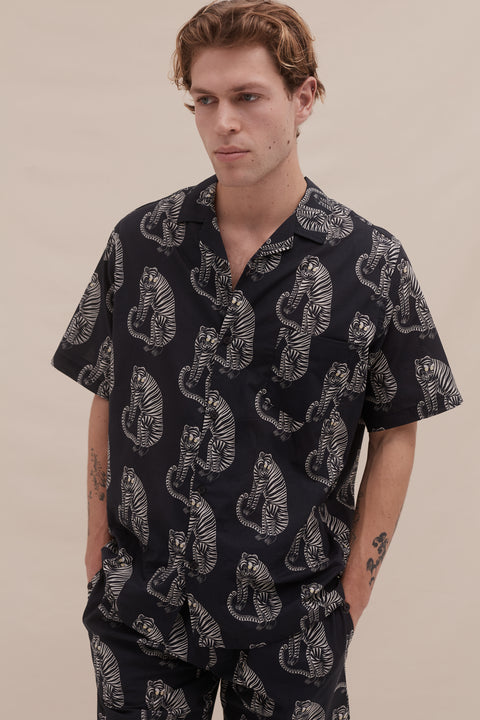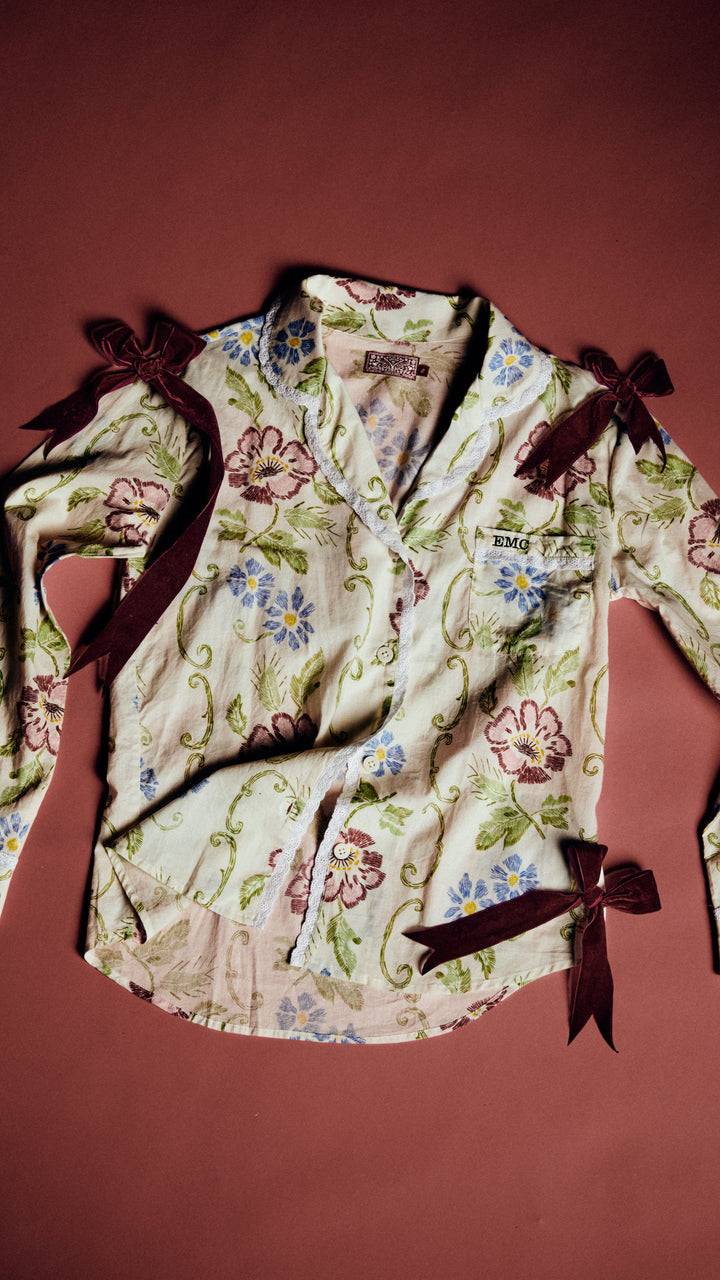This is a missive from within my four walls. Outside my window, the birds wheel obliviously against an inappropriately cobalt sky and the trees in the graveyard swell and exhale with a vitality missing from the surrounding streets, which are mute and grey as a tombstone.
There’s a caustic irony in writing about the beauty of community when you’re alone (or in the suddenly casual parlance of the quarantined, “self-isolating”). A fortnight ago, I would have told you about the specific joy of threading together stories spun in the chaotic charm of city squares; on the crest of steel-tipped seas; along the confetti coasts of faraway shores. A chorus of places and voices that has been suddenly silenced, as the threat of the virus races over borders like a flame on a filament and it becomes clear that our curiosity and connectedness, those very human traits that drive us forward, could kill us.
Yet even as the world has contracted to the size of my flat – as shops have shuttered, planes have grounded and “be my quarantine?” messages on my Hinge profile have run riot – it’s struck me that in opposition we’re being forced to think beyond ourselves, perhaps for the first time in years. Where previously we obsessed over “self-optimisation” and success – stuck in a hedonistic whirl of self-centredness, too busy polishing the present to look either in front or behind – now we must acknowledge that we are not just parts of the machinery of capitalism, but interdependent human beings.
We’ve paid lip service to this idea for so long but haven’t really imbibed it. We pasted up blue-sky buzzwords like “crowdsourced” and “sharing economy” in our boardrooms; yet how could we honour them when our real-life communities crumbled and we all tried to outrun each other, understanding that coming first is better than coming together? When we travelled, we fetishised the “ancient wisdom” of nodding nonnas or Buddhist monks, trivialising their lifestyle to trite, monetisable catchphrases (“la dolce vita”, “ikigai”) before hurtling back to our hyper-speed bubbles.
Perhaps the funniest thing about this enforced pause is that we’re suddenly adopting the kind of “village thinking” that previously we canonised from afar. I’ve had a half-hour video call with a neighbour, who’s organising a support group for the most vulnerable in our area. I’ve picked up a jar of sourdough starter from a kind-souled baker, who’s biking free loaves to those who need them. I’ve joined live-streamed skill-swapping sessions on Instagram; set up a weekly vegetable order with local farmers; spoken to my parents every day. Yes, there are those hoarding loo roll in their attics and riding the last packed tube train to hell, but this kind of behaviour has never looked less cool.
The Okinawans have a phrase for the social support groups that see them through their famously long lives: “moai”. As we shakily start to construct our own moais – or perhaps solidify those that were there all along, shining like spider-silk – I’ve been thinking a lot about how when we can touch again, we might remember the way the distance felt. How we might rebuild the idea of “community” with the ghosts of these networks at our shoulders, renewed and ready to work out our collective knots.
This is a missive from within my four walls, which contain multitudes. It just took a village to realise.








